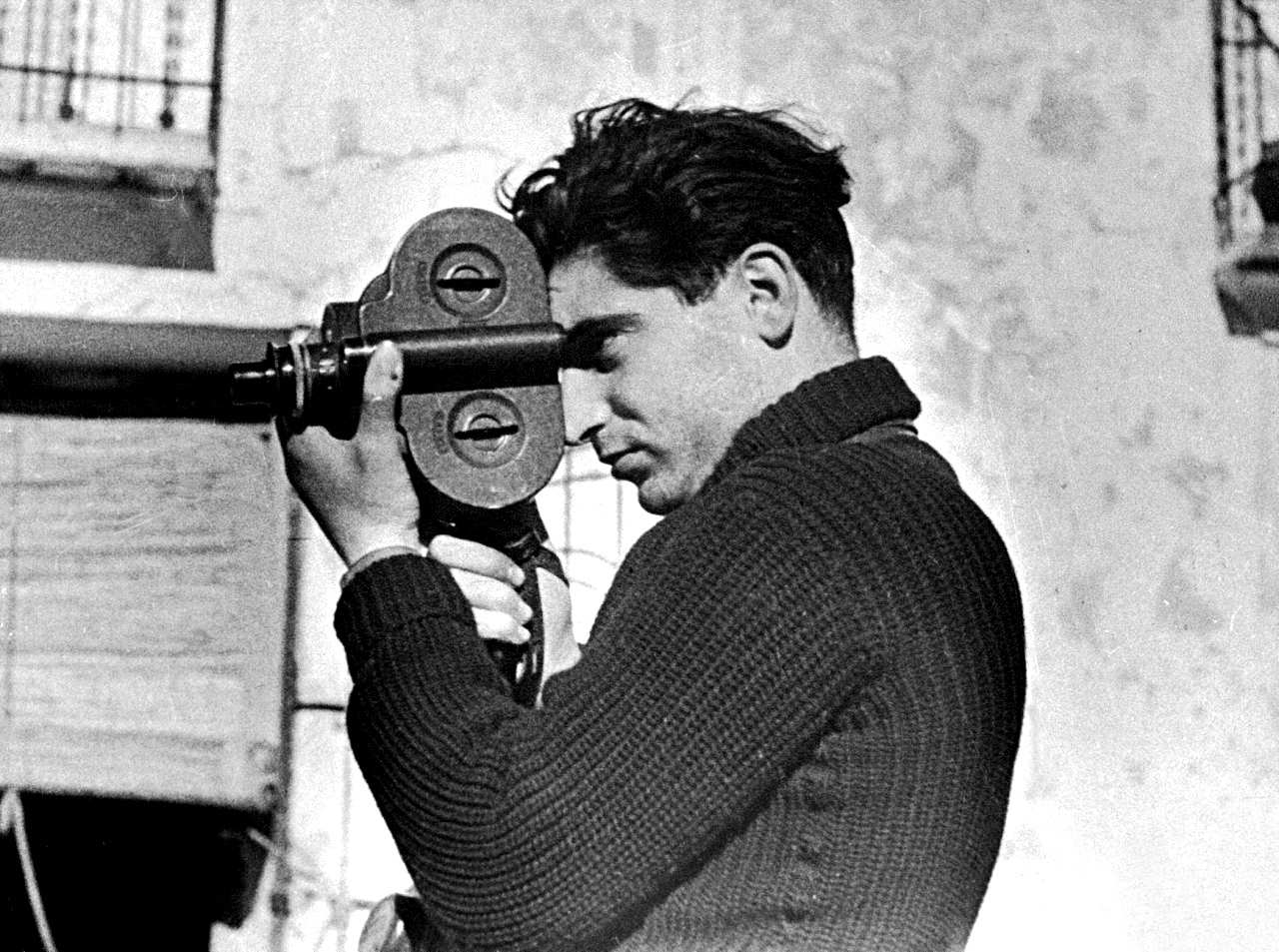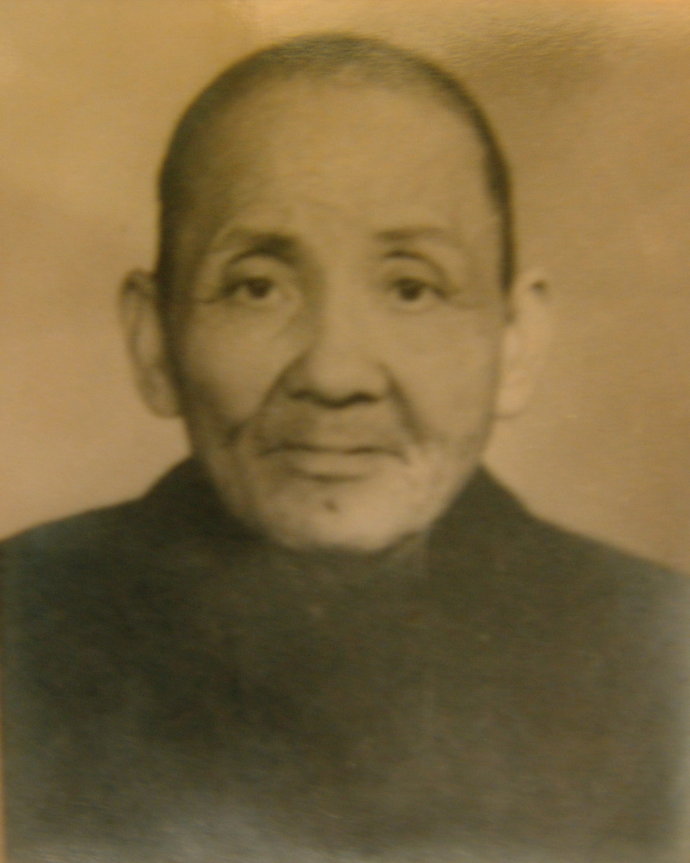|
Supreme Warrior
''Supreme Warrior'' is a full-motion video (FMV) beat 'em up game developed by Digital Pictures. It was released for the 3DO Interactive Multiplayer and Sega CD in November 1994 in North America and in early 1995 in Europe, with subsequent releases in 1995 for the 32X, Macintosh, and Windows. The game is themed as a kung fu film where the player has to fight off opponents to protect half of a magical mask. According to Digital Pictures president Tom Zito, ''Supreme Warrior'' came about as a result of fans telling the studio to develop a game based on a kung fu film. The video footage was filmed in Hong Kong. ''Supreme Warrior'' received mixed reviews; critics praised the graphics but criticized the gameplay and use of FMV. Gameplay and premise ''Supreme Warrior'' is a full-motion video (FMV) beat 'em up game. Gameplay consists of fighting the villain Fang Tu's minions, and eventually Fang Tu himself. From a first-person perspective, players can punch, kick, and execute special ... [...More Info...] [...Related Items...] OR: [Wikipedia] [Google] [Baidu] |
Digital Pictures
Digital Pictures was an American video game developer founded in 1991 by Lode Coen, Mark Klein, Ken Melville, Anne Flaut-Reed, Kevin Welsh and Tom Zito. The company originated from an attempt to produce a game for the cancelled VHS-based NEMO game system. One of its first titles, '' Night Trap'', was originally produced as a title for the NEMO, before being converted for use with Sega's new Sega CD. The mature-themed content of ''Night Trap'' made it the source of some controversy. Nevertheless, the title was a bestseller. Digital Pictures went on to create other full motion video-based titles primarily for Sega hardware, and are regarded as a pioneer of the interactive movie genre. The company declined in the mid-1990s due to waning interest in full motion video games. Its final title, '' Maximum Surge'', went unreleased and was later repurposed into a film called ''Game Over''. Full motion video games The founders of Digital Pictures met in the late 1980s while working at ... [...More Info...] [...Related Items...] OR: [Wikipedia] [Google] [Baidu] |
Internet Archive
The Internet Archive is an American 501(c)(3) organization, non-profit organization founded in 1996 by Brewster Kahle that runs a digital library website, archive.org. It provides free access to collections of digitized media including websites, Application software, software applications, music, audiovisual, and print materials. The Archive also advocates a Information wants to be free, free and open Internet. Its mission is committing to provide "universal access to all knowledge". The Internet Archive allows the public to upload and download digital material to its data cluster, but the bulk of its data is collected automatically by its web crawlers, which work to preserve as much of the public web as possible. Its web archiving, web archive, the Wayback Machine, contains hundreds of billions of web captures. The Archive also oversees numerous Internet Archive#Book collections, book digitization projects, collectively one of the world's largest book digitization efforts. ... [...More Info...] [...Related Items...] OR: [Wikipedia] [Google] [Baidu] |
Hand-held Camera
Hand-held camera or hand-held shooting is a filmmaking and video production technique in which a camera is held in the camera operator's hands as opposed to being mounted on a Tripod (photography), tripod or other base. Hand-held cameras are used because they are conveniently sized for travel and because they allow greater freedom of motion during filming. Newsreel camera operators frequently gathered images using a hand-held camera. Virtually all modern video cameras are small enough for hand-held use, but many professional video cameras are designed specifically for hand-held use such as for electronic news-gathering (ENG), and electronic field production (EFP). Hand-held camera shots often result in a shaky image, unlike the stable image from a tripod-mounted camera. Purposeful use of this technique is called shaky camera and can be heightened by the camera operator during filming, or artificially simulated in post-production. To prevent shaky shots, a number of image stabilizat ... [...More Info...] [...Related Items...] OR: [Wikipedia] [Google] [Baidu] |
Martial Arts
Martial arts are codified systems and traditions of combat practiced for a number of reasons such as self-defence; military and law enforcement applications; combat sport, competition; physical, mental, and spiritual development; entertainment; and the preservation of a nation's intangible cultural heritage. The concept of martial arts was originally associated with East Asian tradition, but subsequently the term has been applied to practices that originated outside that region. Etymology "Martial arts" is a direct English translation of the Sino-Japanese word (, ). Literally, it refers to "武 martial" and "芸 arts". The term ''martial arts'' was popularized by mainstream popular culture during the 1960s to 1970s, notably by Hong Kong action cinema, Hong Kong martial arts films (most famously those of Bruce Lee) during the so-called "chopsocky" wave of the early 1970s. According to John Clements, the term '':wikt:martial art, martial arts'' itself is derived from an older ... [...More Info...] [...Related Items...] OR: [Wikipedia] [Google] [Baidu] |
Shaw Brothers Studio
Shaw Brothers (HK) Limited () was the largest film production company in Hong Kong, operating from 1925 to 2011. In 1925, three Shaw brothers— Runje, Runme, and Runde—founded Tianyi Film Company (also called "Unique") in Shanghai, and established a film distribution base in Singapore, where Runme and their youngest brother, Run Run Shaw, managed the precursor to the parent company, Shaw Organisation. Runme and Run Run took over the film production business of its Hong Kong–based sister company, Shaw & Sons Ltd; in 1958, a new company, "Shaw Brothers," was set up. In the 1960s, Shaw Brothers established what was once the largest privately-owned studio in the world, Movietown. The company's most famous works include '' The Love Eterne'' (1963), '' Come Drink with Me'' (1966), '' The One-Armed Swordsman'' (1967), '' King Boxer'' (1972), '' Executioners from Shaolin'' (1977), '' The 36th Chamber of Shaolin'' and '' Five Deadly Venoms'' (both 1978). Over the ye ... [...More Info...] [...Related Items...] OR: [Wikipedia] [Google] [Baidu] |
Kung Fu Movie
Kung fu film () is a subgenre of martial arts films and Hong Kong action cinema set in the contemporary period and featuring realistic martial arts. It lacks the fantasy elements seen in ''wuxia'', a related martial arts genre that uses historical settings based on ancient China. Swordplay is also less common in kung-fu films than in ''wuxia'' and fighting is done through unarmed combat. Kung fu films are an important product of Hong Kong cinema and the Western world, where it was exported. Studios in Hong Kong produce both wuxia and kung fu films. History The kung fu genre was born in Hong Kong as a backlash against the supernatural tropes of wuxia. The wuxia of the period, called ''shenguai wuxia'', combined '' shenguai'' fantasy with the martial arts of wuxia. Producers of wuxia depended on special effects to draw in larger audiences like the use of animation in fight scenes. The popularity of shenguai wuxia waned because of its cheap effects and fantasy cliches, paving the w ... [...More Info...] [...Related Items...] OR: [Wikipedia] [Google] [Baidu] |
Imagine Media
Future US, Inc. (formerly known as Imagine Media and The Future Network USA) is an American media corporation specializing in targeted magazines and websites in the video games, music, and technology markets. Headquartered in New York City, the corporation has offices in: Alexandria, Virginia; Minneapolis, Minnesota; and Washington, D.C. Future US is owned by parent company, Future plc, a specialist media company based in Bath, Somerset, England. History The company was established when Future plc acquired struggling Greensboro ( N.C.) video game magazine publisher GP Publications, publisher of '' Game Players'' magazine, in 1994. The company launched a number of titles including ''PC Gamer'', and relocated from North Carolina to the San Francisco Bay Area, occupying various properties in Burlingame and South San Francisco. When Chris Anderson, the founder of Future plc, sold Future to Pearson plc he retained GP, renamed Imagine Media, Inc. in June 1995, and operated ... [...More Info...] [...Related Items...] OR: [Wikipedia] [Google] [Baidu] |
Next Generation (magazine)
''Next Generation'' was a US video game magazine that was published by Imagine Media (now Future US). It was affiliated to and shared content with the UK's '' Edge'' magazine. ''Next Generation'' ran from January 1995 until January 2002. It was published by Jonathan Simpson-Bint and edited by Neil West. Other editors included Chris Charla, Tom Russo, and Blake Fischer. ''Next Generation'' initially covered the 32-bit consoles including 3DO, Atari Jaguar, and the then-still unreleased Sony PlayStation and Sega Saturn. Unlike competitors '' GamePro'' and '' Electronic Gaming Monthly'', the magazine was directed towards a different readership by focusing on the industry itself rather than individual games. Publication history The magazine was first published by GP Publications up until May 1995 when the publisher rebranded as Imagine Media. In September 1999, ''Next Generation'' was redesigned, and its cover name shortened ''NextGen''. A year later, in September 2000, the ma ... [...More Info...] [...Related Items...] OR: [Wikipedia] [Google] [Baidu] |
Interactive Film
An interactive film is a video game or other interactive media that has characteristics of a cinematic film. In the video game industry, the term refers to a movie game, a video game that presents its gameplay in a cinematic, scripted manner, often through the use of full-motion video of either animated or live-action footage. In the film industry, the term "interactive film" refers to interactive cinema, a film where one or more viewers can interact with the film and influence the events that unfold in the film. Design This genre came about with the invention of laserdiscs and laserdisc players, the first nonlinear or random access video play devices. The fact that a laserdisc player could jump to and play any chapter instantaneously (rather than proceed in a linear path from start to finish like videotape) meant that games with branching plotlines could be constructed from out-of-order video chapters, in much the same way as ''Choose Your Own Adventure'' books are constructed ... [...More Info...] [...Related Items...] OR: [Wikipedia] [Google] [Baidu] |
Ron Yuan
Ronald Yuan is an American actor, martial artist, director, and stunt choreographer. He is best known for his roles on ''Sons of Anarchy'', ''Prison Break'', '' Golden Boy'', and '' CSI: NY''. He has acted in numerous films, including an ensemble lead as Sgt. Qiang in Disney's live-action adaptation ''Mulan''. He also voiced Sgt. Fideltin Rusk in the video game series '' Star Wars: The Old Republic'', and Scorpion in ''Mortal Kombat 11.'' Early life Yuan was born in New York City, New York, the son of Theresa and Joseph Yuan, and the brother of actor Roger Yuan. Career Acting Film Yuan appeared in Roland Emmerich's ''Independence Day'' sequel, '' Independence Day: Resurgence'', playing Yeong, the main weapons engineer. Before that, Yuan appeared in the film '' The Accountant'' (directed by Gavin O'Connor), with Ben Affleck, J. K. Simmons and Anna Kendrick, playing a reluctant Silat master. Yuan had a cameo in Martin Scorsese's '' Revenge of the Green Dragons'', directed by ... [...More Info...] [...Related Items...] OR: [Wikipedia] [Google] [Baidu] |
Chuck Jeffreys
Chuck Jeffreys is an American actor, stuntman, stunt coordinator, fight choreographer and martial artist. As an actor he has appeared in more than 24 films and television shows. He had supporting roles in ''Aftershock'', ''Lockdown'', '' Superfights'' and '' The Substitute 2: School's Out'' and co-starred in the 1997 film '' Bloodmoon''. He is also the Fire Warlord in the Digital Pictures full-motion video action game ''Supreme Warrior''. From the late 1980s to 2016 he had worked on more than 60 films and television shows in various stunt roles. He was the fight coordinator for the 2015 television series '' The Player''. Background Jeffreys is originally from Washington. He grew up in Hillcrest Heights in Prince George's County. He has been studying martial arts since around the age of 7 or 8. As a martial artist he has studied under Sifu Willy Lin. It has been said that he has a resemblance to Eddie Murphy. In the late 1980s he joined the cast of the WJLA Saturday show "Pic ... [...More Info...] [...Related Items...] OR: [Wikipedia] [Google] [Baidu] |
Richard Norton (actor)
Richard Norton (6 January 1950 – 30 March 2025) was an Australian martial artist, actor, stunt performer, stunt coordinator, security consultant and fight choreographer. He held a 5th ''dan'' Black Belt in Gōjū-ryū karate, a 6th D''an'' Black Belt in Brazilian Jiu-Jitsu, an 8th D''an'' Black Belt in Chun Kuk Do, and a Level 6 ranking in American Kickboxing. After high school, Norton worked as a bodyguard in the entertainment business before pursuing an acting career. Norton appeared as a bodyguard in the 1977 ABBA movie, as they toured his native country, Australia. He had a very minor speaking part. His first movie screen appearance was in the 1980 Chuck Norris film ''The Octagon'', and he worked on over 80 feature films and television programs. He appeared in a number of martial arts films, facing off against stars such as Jackie Chan, Sammo Hung, Yasuaki Kurata, Benny Urquidez, Don Wilson and Cynthia Rothrock, and worked as fight choreographer for titles like '' ... [...More Info...] [...Related Items...] OR: [Wikipedia] [Google] [Baidu] |




